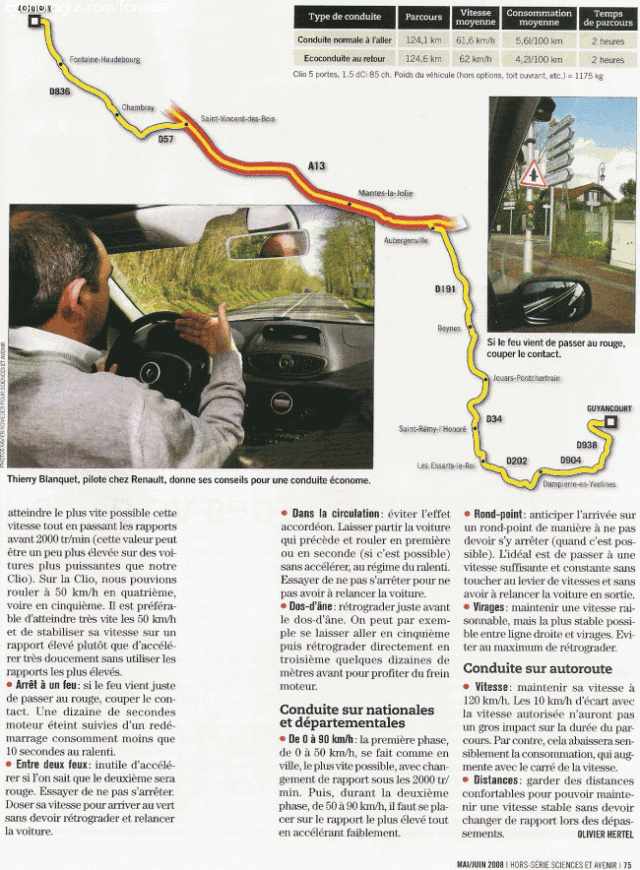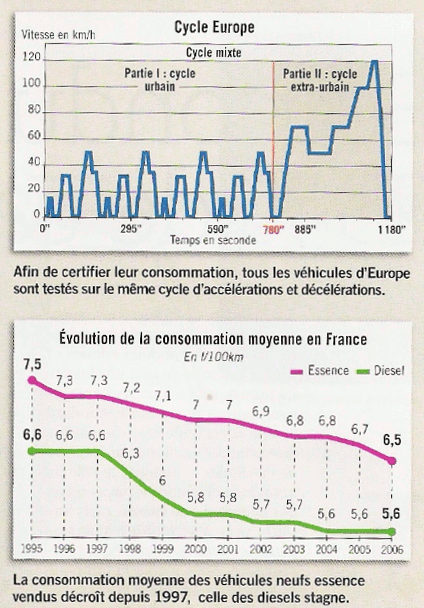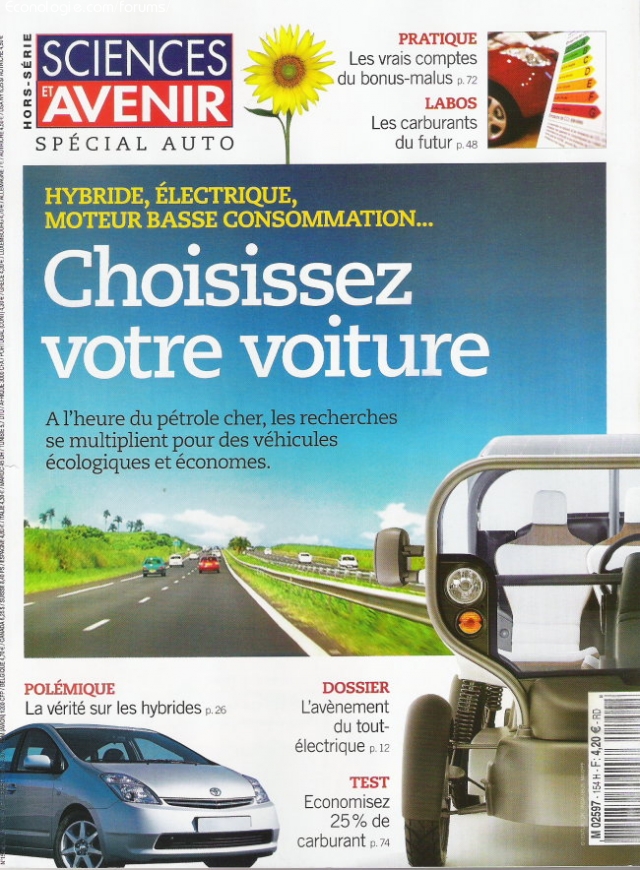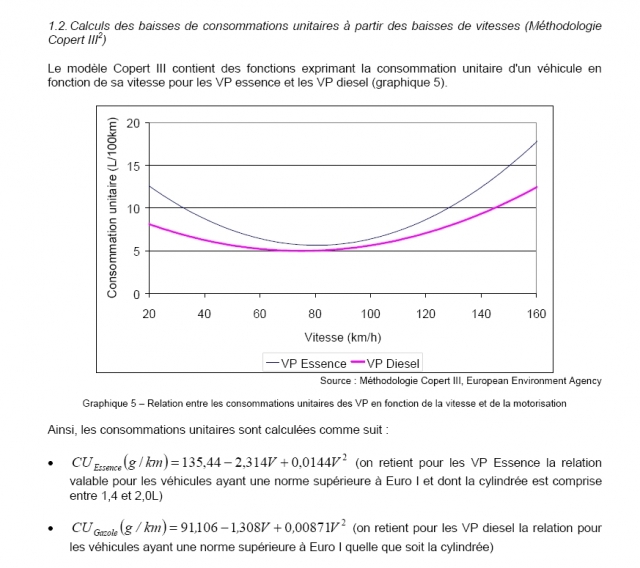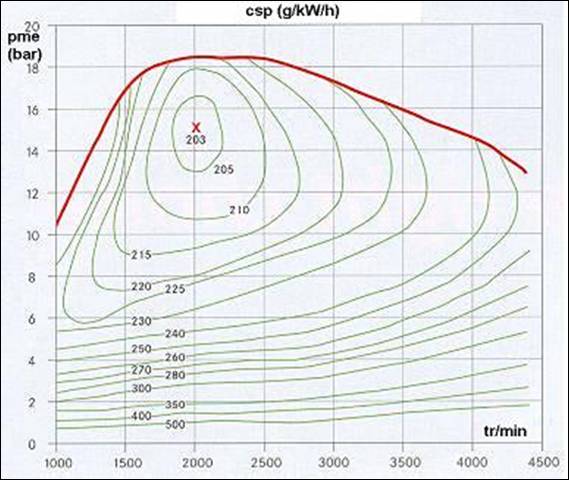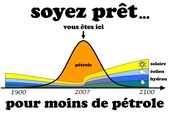Sacred Remundo!
I do not know whether to take your message in the tone of irony or not ... but it seems to me that you contradict yourself

Firstly :
a)
In particular the "longest and low speed" report places the engine on a specific bad consumption.
Absolutely, the performance depends on the engine power (therefore RPM) (although with recent diesel it is less and less sensitive) ...
...And on the other hand:
b)
is to remember that the energy to be supplied on a path is proportional to the square of the imposed speed
From a physical point of view yes but from a motorist point of view no since the specific consumption is precisely better at more sustained speed (= at greater engine power) ... see your point a)
There is a good chance that driving 20h at 5km / h will consume more than driving 2h at 50km / h ... 
ps:
Therefore, between the one traveling at 50 and the other at 100 km / h, one of the two will go 4 times less with the same volume of fuel, and will need 8 times more power during the whole trip ...
Physically yes but in practice, this turn is 1 deceptive hair, with a vehicle with thermal engine, we do not consume 4 times more at 100 than at 50 km / h ... see a)
In practice, there is an ideal speed of "specific vehicle consumption", currently given the average powers, it is probably between 50 and 100 ... I would say more precisely between 70 and 90km / h ...
The more powerful and aerodynamic the vehicle, the higher this minimum consumption speed ... With a Ferrari, it surely exceeds 100 km / h ...
This remark is no longer valid with an electric vehicle.

